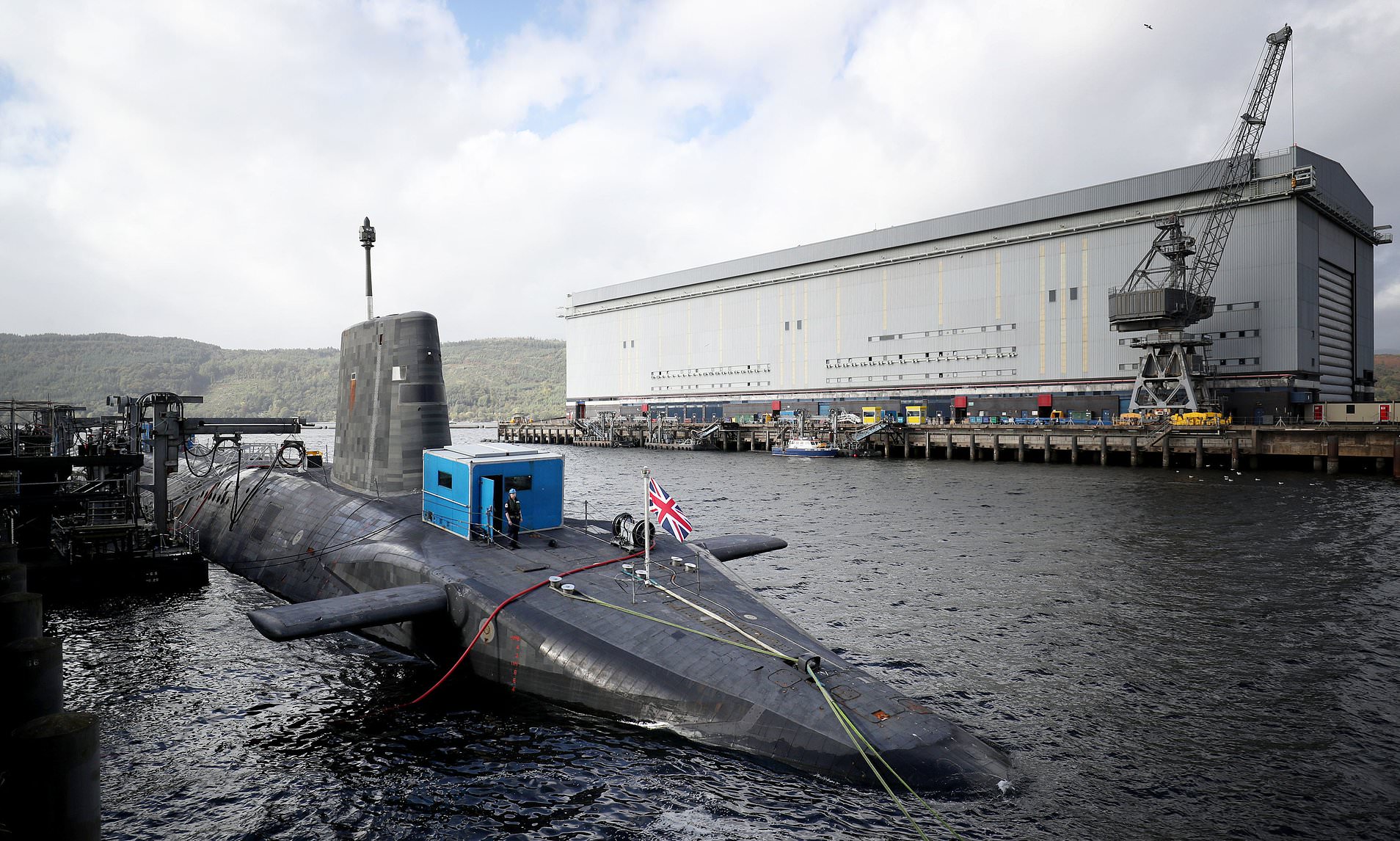
Background and Context
A series of incidents involving radioactive water leaks from a Scottish military base, which houses the UK’s nuclear weapons, have come to light through official documents. These files reveal that contaminated water was released into Loch Long, a coastal area on the west coast of Scotland, following repeated failures in maintaining the infrastructure at the site.
The Royal Navy's failure to properly maintain a network of 1,500 water pipes at the Coulport armament depot has been identified as a key factor in these leaks. The depot is one of the most secure and secretive locations in the UK, where nuclear warheads for the Royal Navy’s fleet of four Trident submarines are stored. The leaked water contained low levels of tritium, a substance used in nuclear warheads, and was deemed to pose no immediate danger to human health.
Regulatory Findings and Maintenance Issues
According to reports from the Scottish Environment Protection Agency (SEPA), the flooding at Coulport was attributed to “shortfalls in maintenance.” This resulted in the release of “unnecessary radioactive waste” into the environment. A 2022 report by SEPA highlighted that the navy had failed to adequately maintain the equipment where the warheads were stored, with plans to replace the aging pipes described as “sub-optimal.”
The leaks were uncovered through confidential inspection reports and emails obtained via a freedom of information request. These documents were initially withheld by the Ministry of Defence (MoD) but were eventually released after a six-year legal battle. The Scottish information commissioner, David Hamilton, ordered the release of the files, emphasizing the public’s right to access such information.
Incidents and Consequences
Several pipe bursts occurred at Coulport over the years, including incidents in 2010 and 2019. One notable leak in August 2019 released a significant amount of water that flooded a nuclear weapons processing area, contaminating it with low levels of tritium. The water then flowed through an open drain into Loch Long.
Although SEPA noted that the radioactivity levels were very low and did not endanger human health, the agency pointed out that the incidents were caused by poor maintenance and asset management. The failure of a coupling led to the production of unnecessary radioactive waste, prompting further scrutiny.
In response to the findings, the MoD committed to 23 actions to prevent future leaks in March 2020. The department acknowledged its lack of preparedness had caused confusion, breakdowns in access control, and a lack of communication regarding the hazards involved.
However, two more pipe bursts occurred in 2021, including one in an area that also housed radioactive substances. This prompted another SEPA inspection in 2022, highlighting ongoing concerns about the safety and maintenance of the facility.
Expert Reactions and Official Statements
David Cullen, a nuclear weapons expert with the defense thinktank Basic in London, criticized the repeated pollution incidents and the attempts to keep them secret, calling the actions “outrageous.”
The Ministry of Defence emphasized its commitment to handling radioactive materials safely and securely, stating that there have been no unsafe releases of radioactive material into the environment. A spokesperson for SEPA reiterated that the site operates in accordance with environmental regulations and that the risk to the environment from effluent discharges is of no regulatory concern.
SEPA also highlighted that an extensive replacement program for components has already been undertaken at HMNB Clyde. The agency expressed satisfaction with the improvements made to asset management and maintenance across both Faslane and Coulport.
Ongoing Monitoring and Public Interest
SEPA continues to monitor the site and publishes annual reports detailing discharges, monitoring data, and assessments of potential environmental and public impacts. These reports, known as the Radioactivity in Food and the Environment (RIFE) report, ensure transparency and accountability in the operation of the facility.
Despite the efforts to address the issues, the incidents raise important questions about the long-term safety and maintenance of nuclear facilities in the UK. The public interest in these matters remains high, with calls for greater transparency and accountability from both the MoD and regulatory agencies.
